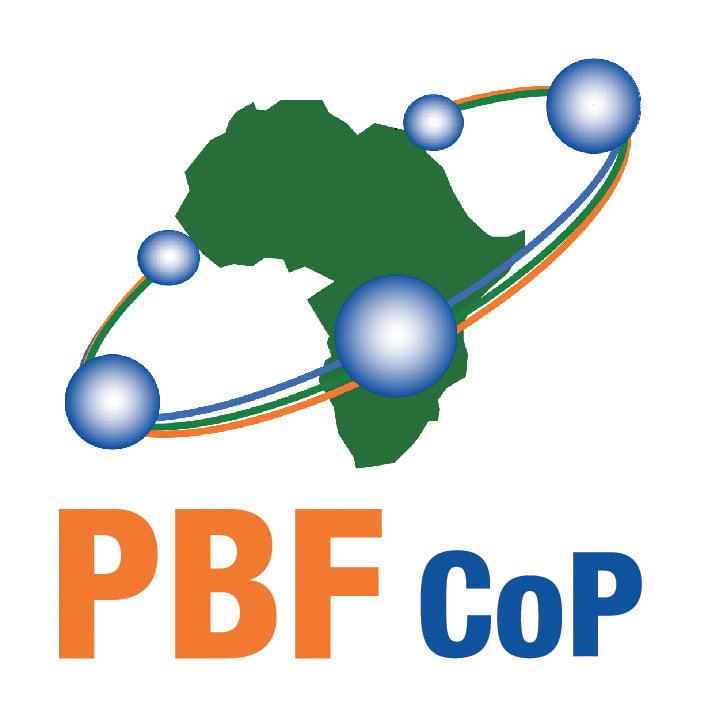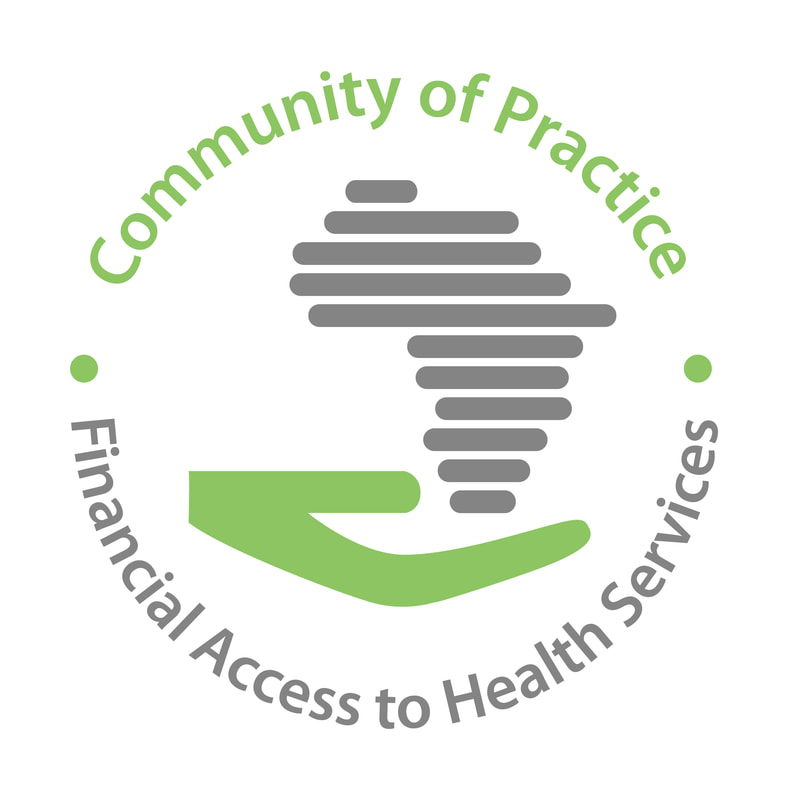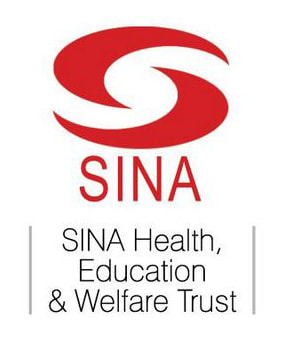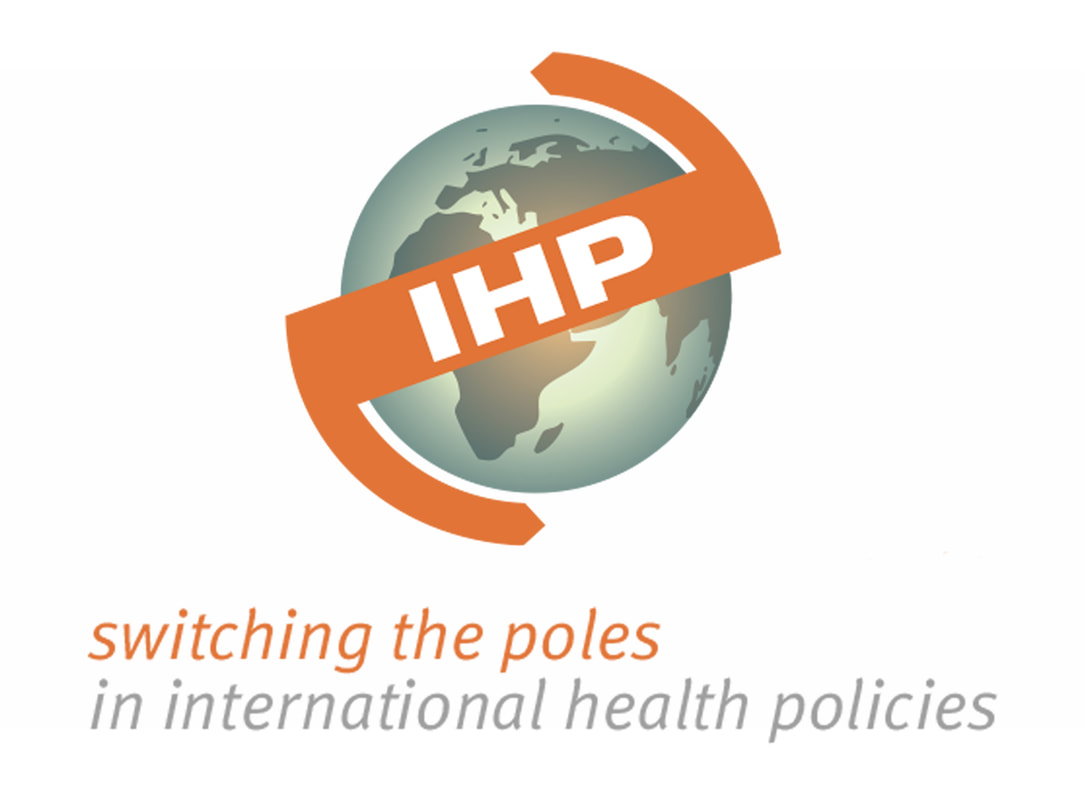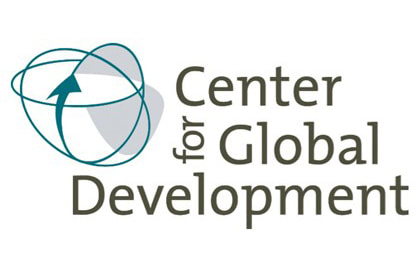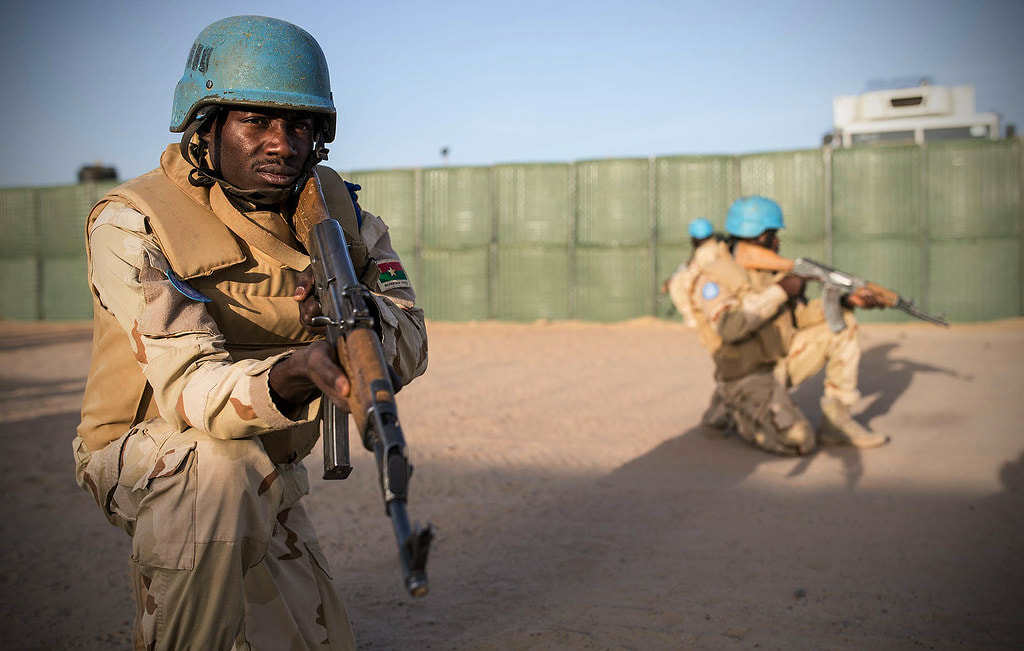
A worrying deterioration of the security situation is underway in several Francophone African countries. Other countries have been stuck for years in a state of instability. The number of so-called 'fragile' contexts is widening. A working group was set up on ‘Collectivity’ to reflect on the issue and propose activities that would help address it. Its members call us to action. In this blog post, they present their initiative.
The concept of fragility refers to a situation where the state structure lacks the political will and / or the capacity to provide people with the basic functions required to reduce poverty, promote development, and ensure security and human rights. In its latest Africa's Pulse report, the World Bank recalls that Africa is particularly concerned: 53% of the fragile contexts in the world are in sub-Saharan Africa. And among these, we will find almost all the countries of Francophone Africa.
Insecurity is growing in the Sahel region as a result of abuses committed by various terrorist groups (as in Burkina Faso, Mali and Niger, and around Lake Chad). And even more worryingly, inter-community violence has increased. Burkina Faso and Mali have been particularly affected by this situation in recent weeks.
The links between insecurity and health are numerous. The combination of "epidemics and conflict" is particularly threatening, as evidenced by the Ebola virus epidemic that has been raging in North Kivu since August 2018 and has already registered 751 deaths. The response to this epidemic is particularly complicated by conflict, political instability, deterioration of the health system and distrust of the population. Beyond the Ebola epidemic, the entire health system is under threat.
Is it not time to call things by their name? Committed as we are to development initiatives (eg Universal Health Coverage), are we not ignoring the dynamics of fragility in our countries?
Health systems and fragility
There is a rich literature on health systems in fragile and conflict-affected contexts. Unfortunately, the French-speaking world is generally absent from the debate. As we have highlighted in our concept note, national and international actors engaged in the development of health systems in Francophone Africa are relatively silent on the issue. The analysis-grid of the fragile state has been very little applied by researchers to French-speaking Africa and the Sahel countries in particular. This lack of attention coupled with a lack of scientific knowledge jeopardizes our collective action and could jeopardize the achievement of sustainable development goals. There is a huge need for relevant empirical analyses to drive action in our countries, in the Sahel region or Central Africa.
All the pillars of the health system are likely to be negatively affected by the ongoing weakening, with the consequent disruption of our already underdeveloped health systems. Let's just talk about some challenges:
- The inability to provide health services to a large part of the population: for example, because of insecurity, the advanced strategies for vaccination are not carried out, hence the risk of epidemics occurring. Added to this is the closure of many health centers, the abandonment of positions by some health workers, the inaccessibility of some refugee sites by humanitarian NGOs.
- Failure of the reference system / counter reference. In Burkina Faso, for example, ambulances were targeted by terrorists, preventing evacuations in some localities. Moreover, even moving from one locality to another is not without danger, as illustrated by (even if it remains an isolated case) the fate of a pregnant woman and her companion who died, from terrorist attacks while traveling to a health center to give birth.
- The lack or insufficiency of financial resources, infrastructure, equipment, human resources, medicines and other health products for quality health services. Indeed, insecurity leads, on the one hand, a reallocation of public budgets to reinforce security, on the other hand, a reduction in economic growth. In Guinea, for example, the Ebola virus epidemic has led to a reduction in economic growth (it was 0.5% in 2014 against a forecast of 4.5% according to the World Bank). As for Burkina Faso, the national budget allocated to the Ministry of Health decreased from 12.81% (of the total budget) in 2014 to 10.70% in 2018 - This has led to a reduction in investments in the health system.
- The failure of the supply chain of medicines and other health products. Insecurity negatively affects the already fragile supply chain of medicines and other health products. Indeed, because of the inaccessibility of certain localities due to insecurity, the supply is interrupted or delayed. This causes prolonged ruptures with consequent morbidity and mortality of diseases.
- The failure of health information systems. For example, because of difficulties to travel and closure of some health facilities, epidemiological surveillance data and monthly average consumption of drugs and other health products, immunization reports are no longer transmitted or are late. This negatively affects the planning of input orders (medicines, reagents, vaccines, etc.) at the central, intermediate and peripheral (district) levels, as well as the surveillance and management of epidemics / diseases.
- The poor quality of governance / regulation of the system. Indeed, all activities of coordination, supervision and monitoring of health services in the field are no longer effective in all districts due to insecurity. As reported by a supervisor in Burkina Faso, "I was asked to do the supervision by telephone, WhatsApp or Messenger, given the physical inaccessibility of certain areas". But do telephone networks always allow this kind of solution?
Establishment of a working group on "Collectivity"
At a recent workshop organized by several communities of practice at the Institute of Tropical Medicine in Antwerp, researchers and practitioners discussed this issue. At the end of the discussions, the participants proposed to launch a multi-stakeholder process on the subject. A call for applications has been launched on Collectivity. Together, we produced a concept note that proposes an action program that covers a first year.
Our ambition is to launch a process so that the different actors (political decision-makers, civil society, private sector, researchers, technical and financial partners, etc.) involved in strengthening the health systems of the Francophone concerned countries recognize the reality of fragility in these countries, in order to identify proven or promising approaches to address it. Of course, every fragile context is unique and dynamic; the solutions will have to be local and adapted. But it is not impossible that some health interventions, still too little generalized (e.g. community health workers, free health care for a basic package of services), appear particularly relevant, not only from a public health perspective, but also as a strategy to restore trust between Nation States and their people.
We are aware of raising sensitive issues. That's why we need to build a strong and effective partnership between policy makers, practitioners and researchers. The process we are proposing is also part of the effort developed by our Communities of Practice for nearly ten years now. We want to prove that collective and systemic learning is possible even in health systems affected by fragilty.
We invite you to read our concept note. As you understand, we are now looking for people and actors who want to support the initiative.

